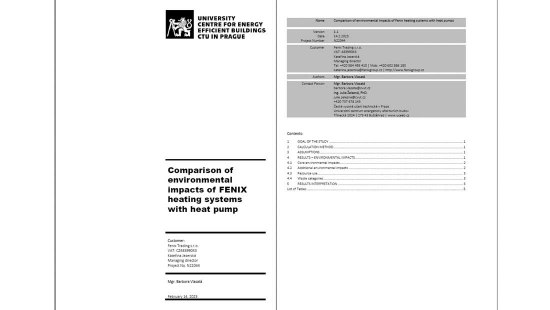Surprising results

The pinnacle of green ideology should be the mandatory assessment of all products in terms of their environmental impact throughout their entire life cycle. The LCA methodology should be used for this purpose, and in particular the so-called PEF (product environmental footprint). In addition to the absolutely unimaginable bureaucratic and financial burden on producers (passed on to consumers with a delay), this effort will lead to a fundamental reduction in the range of products on offer (in practice, only mass consumption products will remain in the limited range) and the whole society will thus definitely shift from a society of prosperity to a society of scarcity (those who remember the era of real socialism will recall).
Since all indications are that these rules will be adopted and enforced before the inevitable subsequent economic collapse, our company has also been spending considerable resources to avoid being surprised by this development.
Therefore, we commissioned the University Centre for Energy Efficient Buildings at the CTU to conduct a study assessing the environmental impacts of our basic products throughout their entire life cycle – from the input materials used to the production technology, to the impacts of the products during their lifetime and the environmental impacts of their subsequent disposal and recycling.
The study also includes an assessment and comparison of three different technologies used for heating an energy-efficient family house.
The first option provides for the installation of electric underfloor heating with heating cables and mats, the second option with heating using radiant panels and the third option is underfloor heating with a heat pump.
Much to the surprise of many experts, the study showed that for heating smaller houses in category A, the use of underfloor hot water heating with a heat pump is the most burdensome for the environment, with differences in environmental impact ranging from tens to hundreds of percent.
Full study available here! - PDF for download.
In Jeseník, 03/23
Ing. Cyril Svozil


